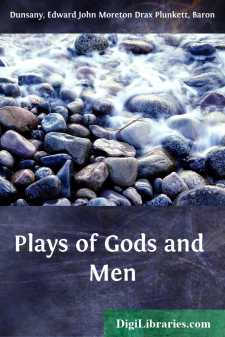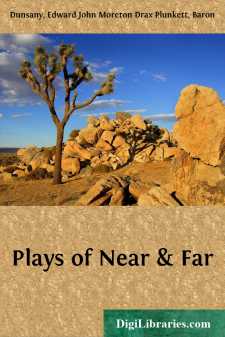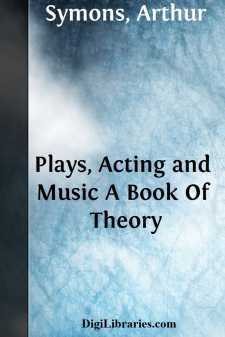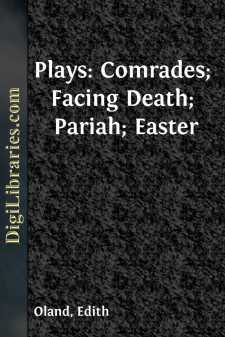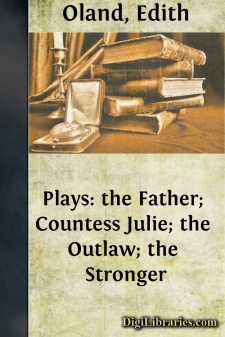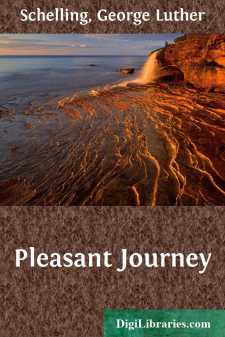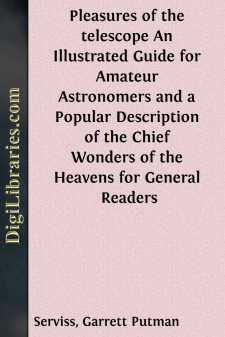Categories
- Antiques & Collectibles 13
- Architecture 36
- Art 48
- Bibles 22
- Biography & Autobiography 813
- Body, Mind & Spirit 142
- Business & Economics 28
- Children's Books 14
- Children's Fiction 11
- Computers 4
- Cooking 94
- Crafts & Hobbies 4
- Drama 346
- Education 46
- Family & Relationships 57
- Fiction 11828
- Games 19
- Gardening 17
- Health & Fitness 34
- History 1377
- House & Home 1
- Humor 147
- Juvenile Fiction 1873
- Juvenile Nonfiction 202
- Language Arts & Disciplines 88
- Law 16
- Literary Collections 686
- Literary Criticism 179
- Mathematics 13
- Medical 41
- Music 40
- Nature 179
- Non-Classifiable 1768
- Performing Arts 7
- Periodicals 1453
- Philosophy 64
- Photography 2
- Poetry 896
- Political Science 203
- Psychology 42
- Reference 154
- Religion 513
- Science 126
- Self-Help 84
- Social Science 81
- Sports & Recreation 34
- Study Aids 3
- Technology & Engineering 59
- Transportation 23
- Travel 463
- True Crime 29
Sort by:
Act I Time: About the time of the decadence in Babylon. Scene: The jungle city of Thek in the reign of King Karnos. Tharmia: You know that my lineage is almost divine. Arolind: My father's sword was so terrible that he had to hide it with a cloak. Tharmia: He probably did that because there were no jewels in the scabbard. Arolind: There were emeralds in it that outstared the sea. * * * * * * * *...
more...
PREFACE Believing plays to be solely for the stage, I have never before allowed any of mine to be printed until they had first faced from a stage the judgment of an audience, to see if they were entitled to be called plays at all. A successful production also has been sometimes a moral support to me when some critic has said, as for instance of "A Night at an Inn," that though it reads passably...
more...
by:
Arthur Symons
INTRODUCTION[2][3] After seeing a ballet, a farce, and the fragment of an opera performed by the marionettes at the Costanzi Theatre in Rome, I am inclined to ask myself why we require the intervention of any less perfect medium between the meaning of a piece, as the author conceived it, and that other meaning which it derives from our reception of it. The living actor, even when he condescends to...
more...
by:
Edith Oland
August Strindberg died at Stockholm On May 14, 1912, just ten days after the first of his plays given in English in the United States had completed a month's engagement. This play was "The Father," which, on April 9, 1912, was produced at the Berkeley Theatre in New York, the same little theatre that witnessed in 1894 the first performance in this country of Ibsen's "Ghosts."...
more...
by:
Edith Oland
BIOGRAPHICAL NOTE "I tell you, you must have chaos in you, if you would givebirth to a dancing star."—Nietzsche. In Stockholm, living almost as a recluse, August Strindberg is dreaming life away. The dancing stars, sprung from the chaos of his being, shine with an ever-increasing refulgence from the high-arched dome of dramatic literature, but he no longer adds to their number. The...
more...
"What do you call it?" the buyer asked Jenkins. "I named it 'Journey Home' but you can think up a better name for it if you want. I'll guarantee that it sells, though. There's nothing like it on any midway." "I'd like to try it out first, of course," Allenby said. "Star-Time uses only the very best, you know." "Yes, I know," Jenkins said....
more...
by:
Anonymous
LITTLE JANE AND THE POOR MAN. This is little Jane Anderson and her sister. They have been out this morning to take a walk. As they were coming home they saw a poor man lying upon the ground. He was lame, and unable to walk. Jane and her sister felt very sorry for him, and when they were about leaving they gave him a few pennies which they had in their bags.—This was very kind in the little girls. We...
more...
CHAPTER I THE SELECTION AND TESTING OF A GLASS "O telescope, instrument of much knowledge, more precious than any scepter! Is not he who holds thee in his hand made king and lord of the works of God?"—John Kepler. If the pure and elevated pleasure to be derived from the possession and use of a good telescope of three, four, five, or six inches aperture were generally known, I am certain that...
more...
by:
Seabury Quinn
he autumn dusk had stained the sky with shadows and orange oblongs traced the windows in my neighbors' homes as Jules de Grandin and I sat sipping kaiserschmarrn and coffee in the study after dinner. "Mon Dieu," the little Frenchman sighed, "I have the mal du pays, my friend. The little children run and play along the roadways at Saint Cloud, and on the Ile de France the pastry cooks...
more...
by:
J. Knox Jones
Some of the Pleistocene mammals from San Josecito Cave, near Aramberri, Nuevo León, México, collected by field parties of the California Institute of Technology under the direction of the late Professor Chester Stock, have been reported previously (see Furlong, 1943; Cushing, 1945; Stock, 1950; Hooper, 1952; Findley, 1953; Stock, 1953; Handley, 1955; Jackway, 1958). In 1950, Professor Stock loaned a...
more...


